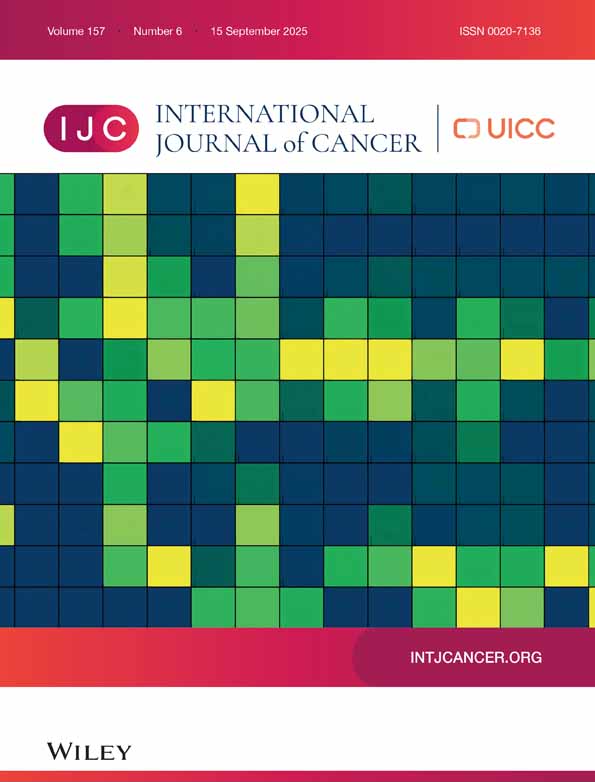Monoclonal antibodies directed against human tumor-associated antigens cross-react with Drosophila proteins in clusters
Abstract
We reacted the Third International IASLC Workshop panel of monoclonal antibodies (MAbs) directed against human lung-tumor-associated epitopes with nitrocellulose blots of total proteins from adult fruit flies. Out of 63 MAbs tested, 9 showed a significant reaction with Drosophila proteins. Interestingly, in a double-blind analysis, most of the positive reactions fell into clusters that parallel the antibody reactivities against human tissues. In light of our findings, it becomes possible to screen expression vector libraries in order to isolate Drosophila cDNA that may have homology with human tumor-associated antigens.




